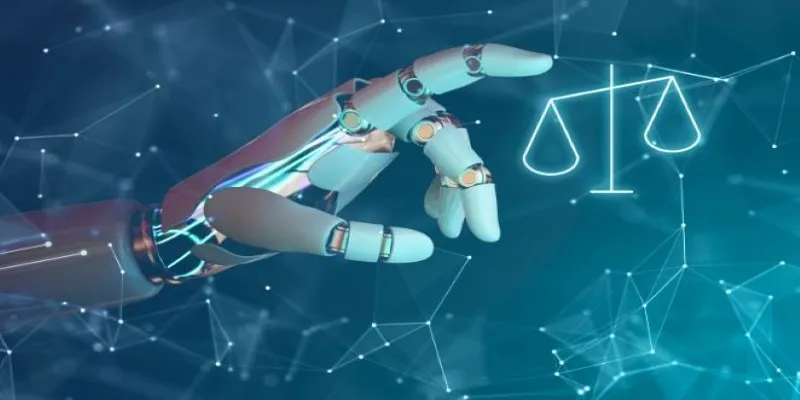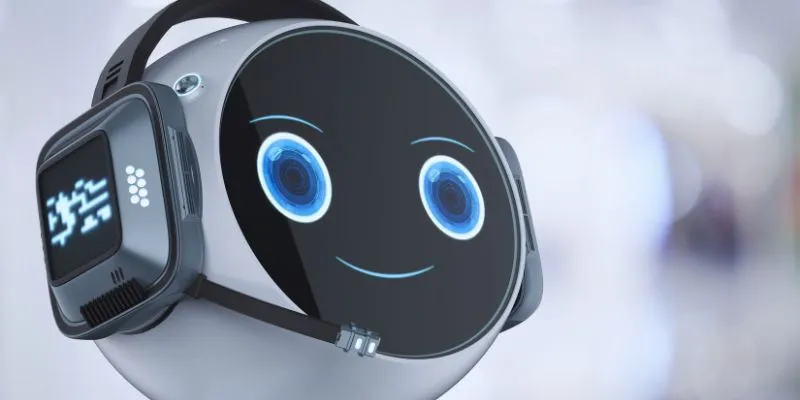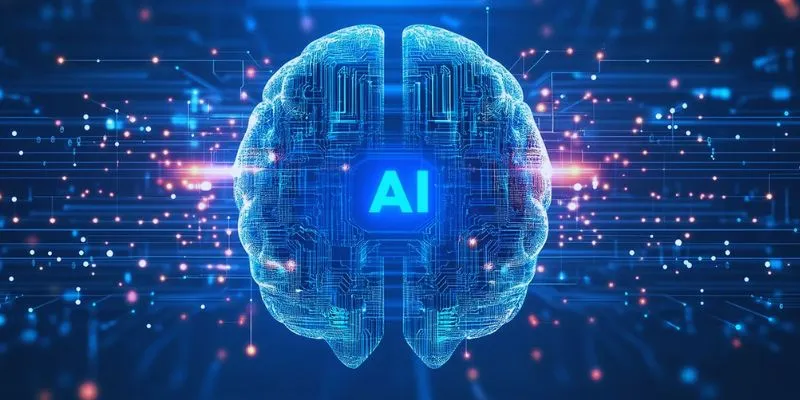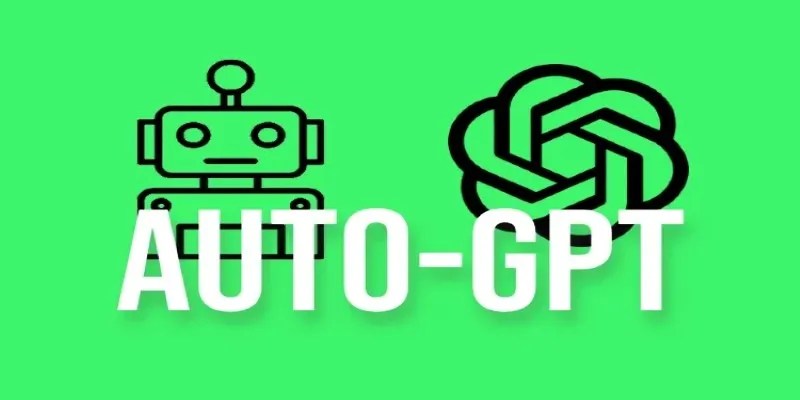The hospitality and travel industry is rapidly evolving with the integration of Artificial Intelligence (AI), enabling personalized and seamless guest experiences. From virtual assistants to predictive analytics, AI-powered solutions help businesses anticipate customer needs, improve services, and optimize operations. This innovative technology is reshaping how travelers engage with brands, elevating satisfaction and fostering stronger customer relationships.
1. Personalized Guest Experiences Through AI

The hospitality industry is experiencing a transformation through AI because this technology provides customized experiences that change how guests interact with hotel facilities, airlines, and other hospitality services. AI utilizes large volumes of guest data to generate predictions about preferences while detecting needs, customizing experiences to create exceptional guest encounters.
Intelligent Recommendations:
AI-based recommendation systems suggest better rooms, dining opportunities, spa choices, and nearby tourism options that match a guest’s previous actions and current preferences. For example, customers who typically choose ocean- view suites and fine dining at the hotel will receive personalized recommendations for similar choices to enhance their hotel experience.
Real-Time Dynamic Pricing:
By analyzing demand patterns in real-time, hotels and airlines use AI to optimize their pricing strategies. This pricing methodology guarantees both optimal market competitive rates and transparent pricing structures for guests according to current market dynamics.
Personalized Communication:
AI enhances guest interactions through tailored emails and texts that feel thoughtful and relevant. By addressing guests by name and referencing previous stays, preferences, or feedback, these messages build stronger connections. For example, a returning guest might receive a welcome-back message with a special offer for their favorite meal or a complimentary room upgrade. Rather than replacing human staff, AI serves as a complementary tool that empowers teams.
2. AI-Powered Chatbots and Virtual Assistants
- Multilingual Assistance: AI chatbots eliminate language barriers with real-time translation, enabling seamless communication for guests worldwide. Regardless of a guest’s native language, they receive accurate, clear responses, fostering an inclusive and welcoming environment for all.
- Effortless Booking: Virtual assistants streamline the booking process, guiding guests step-by-step—from selecting rooms to completing payments. By offering instant support and addressing concerns along the way, virtual assistants help reduce booking abandonment, ensuring a smooth and hassle-free experience.
By managing routine tasks such as FAQs, bookings, and logistical inquiries, AI chatbots free up human staff to focus on personalized and complex guest needs. This creates a seamless balance between innovative technology and the human touch, delivering exceptional service and a stress-free stay for every guest.
3. Smart Room Technology for Enhanced Comfort
Hotels are embracing AI-driven smart room features to elevate guest comfort, convenience, and personalization like never before. These innovations are reshaping the hospitality industry and redefining what it means to deliver an exceptional guest experience. Here are some standout advancements:
- Voice-Activated Controls: Guests can effortlessly adjust room settings, such as lighting, temperature, curtains, and entertainment systems, using simple voice commands. This hands-free convenience is especially appealing to travelers who value efficiency and ease during their stay.
- Predictive Maintenance: AI-powered systems proactively monitor room appliances, like air conditioning units or smart TVs, identifying potential issues before they occur. This ensures a smooth, disruption-free experience for guests while minimizing repair costs and downtime for hotels.
- Personalized In-Room Services: By remembering guest preferences—such as ideal room temperature, favorite TV channels, or preferred pillow type—AI enables hotels to create highly personalized experiences. This attention to detail helps repeat guests feel recognized and valued.
As AI technology continues to advance, the potential to revolutionize the hospitality experience is virtually limitless.
4. AI in Streamlining Operations
AI is revolutionizing hospitality operations, streamlining processes, and delivering more personalized guest experiences. Here’s how:
- Seamless Check-In and Check-Out: Technologies like facial recognition and mobile apps allow guests to bypass long reception lines, offering hassle-free check-ins and check-outs. This not only saves time but also enhances convenience, particularly for frequent travelers.
- Smart Inventory Management: AI-driven systems analyze historical data and current trends to accurately predict demand for amenities such as toiletries, towels, and food supplies. This reduces waste, prevents shortages, and ensures guests always have what they need throughout their stay.
- Efficient Staff Scheduling: By identifying peak operational periods, AI optimizes staffing levels, assigning team members to shifts more effectively. This boosts service efficiency while preventing staff burnout, fostering a happier and more productive workforce.
By automating repetitive, time-consuming tasks, AI empowers hospitality teams to focus on what truly matters—delivering exceptional service and creating unforgettable experiences for every guest.
5. Predictive Analytics for Improved Guest Satisfaction
AI-driven analytics help businesses anticipate guest needs before they arise.
- Sentiment Analysis: AI scans reviews and social media to gauge guest satisfaction and identify areas for improvement.
- Demand Forecasting: Hotels and airlines predict booking trends, adjusting marketing strategies accordingly.
- Loyalty Program Optimization: AI identifies high-value guests and tailors rewards to boost retention.
These insights enable proactive service adjustments, enhancing overall guest satisfaction.
6. Enhancing Travel Planning with AI
Travel agencies and platforms leverage AI to simplify trip planning.
- Smart Itinerary Builders: AI suggests optimized travel routes, accommodations, and activities based on user preferences.
- Real-Time Updates: AI monitors flight delays, weather changes, and traffic conditions, providing timely alerts.
- Personalized Travel Packages: AI curates vacation deals aligned with individual budgets and interests.
This level of customization makes travel planning effortless and enjoyable.
7. Ethical Considerations and the Human Touch

While AI offers numerous benefits, maintaining a human element is crucial.
- Data Privacy: Businesses must ensure the secure handling of guest information to build trust.
- Balancing Automation: Over-reliance on AI can make interactions feel impersonal—human staff should remain accessible for complex requests.
- Bias Mitigation: AI systems must be trained on diverse datasets to avoid discriminatory recommendations.
The best hospitality experiences blend AI efficiency with genuine human warmth.
Conclusion:
AI is transforming the hospitality and travel industry by driving greater personalization, efficiency, and guest satisfaction. From smart rooms to predictive analytics, these technologies enable businesses to deliver exceptional experiences while streamlining operations. The true challenge, however, lies in finding the perfect balance—harnessing AI’s speed and precision without losing the human touch that defines outstanding hospitality.
 zfn9
zfn9






















